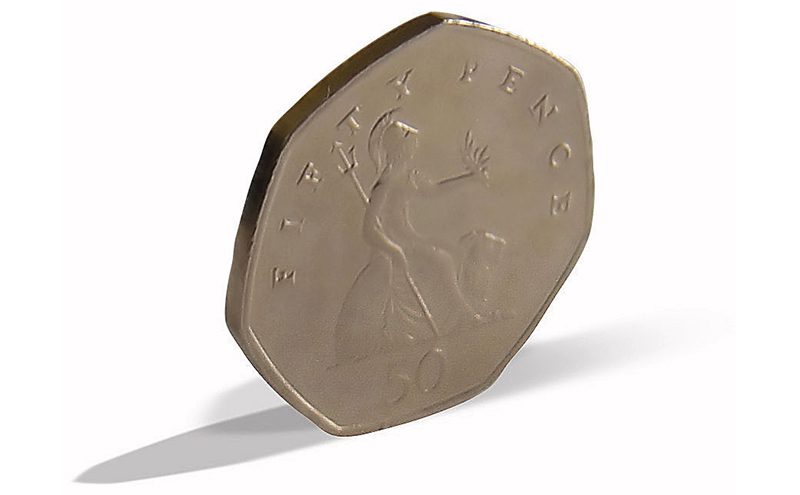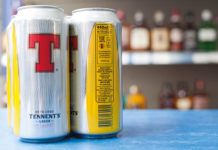PLANS to implement Minimum Unit Pricing for alcohol in Scotland have been given the green light by the Scottish courts.

The Court of Session in Edinburgh has upheld its original ruling in favour of MUP following an appeal from the Scotch Whisky Association, which argued the measure would breach European Law.
Minimum Unit Pricing was first passed by MSPs in May 2012 and would set a minimum price of 50p per unit of alcohol sold.
That would mean that the minimum price that a retailer will be allowed to charge for a three-litre bottle of 7.5% ABV cider will be £11.25 at present the price is often under £4. A 70cl bottle of whisky will have to be priced at a minimum of £14 and a one-litre bottle will have a minimum price of £20. Currently mainstreams brands such as Bell’s, Famous Grouse, Whyte & Mackay, and Teachers are selling in some supermarkets for £17 or £18 a litre and as low as £15 a litre on special offer. Four 500ml cans of 4% ABV lager will have a minimum price of £4 and a bottle of 13.5% ABV wine will have to be priced at £5.06 or more. Fortified wine and tonic wine of 15.5% ABV will be
Minimum pricing has been the subject of a protracted legal battle between the Scottish Government and Scotch Whisky Association. The SWA first took its case to the Court of Session before the issue was referred to the European Court of Justice, which ruled in December to refer back to the national court.
Delivering the verdict, Lord Carloway said the court had directed itself correctly on European Union law.
The Scottish Government has now called on the SWA and others in the drinks industry to “respect the democratic will of the Scottish Parliament” and the “judgement of the highest court in Scotland”, however further legal battles may follow.
David Frost, chief executive of the Scotch Whisky Association, said: “We regret the Court of Session’s ruling in favour of the Scottish Government on minimum unit pricing (MUP). We continue to believe that MUP is a restriction on trade and that there are more effective ways of tackling alcohol misuse.
“However, we of course remain committed to working with all partners to address this problem so that the long-term trend of declining alcohol-related harm in Scotland continues.
“We will study the details of the judgement and consult our members before deciding on next steps, including any possible appeal to the UK Supreme Court.”
However, not everyone in the drinks industry has taken the same view.
Andrea Pozzi, managing director of Tennent’s, said: “We welcome today’s ruling as a positive step forward in tackling the problems of alcohol misuse.
“Although the majority of people enjoy alcohol responsibly, we are concerned about the availability of strong, cheap alcohol. We believe that Minimum Unit Pricing can and will have a positive impact on communities across Scotland.”














